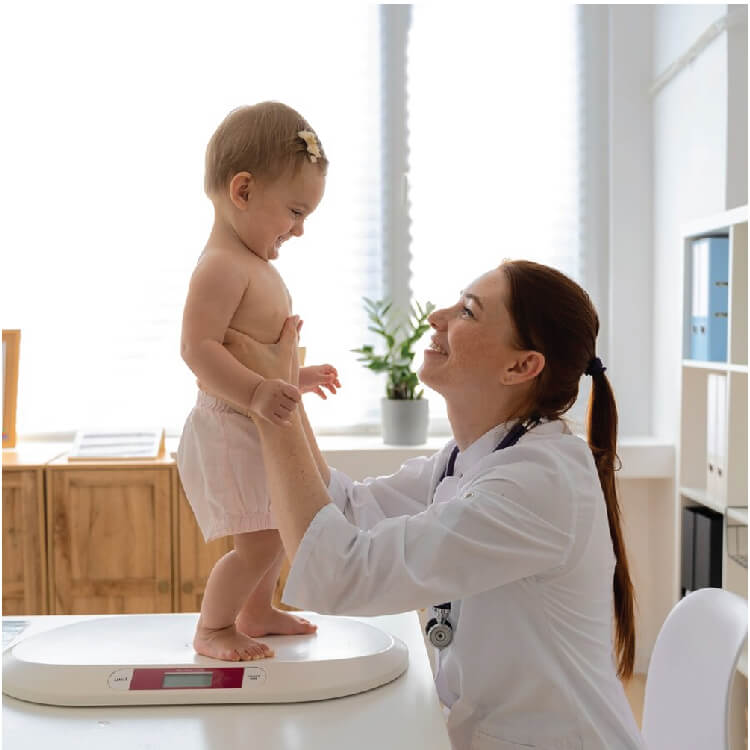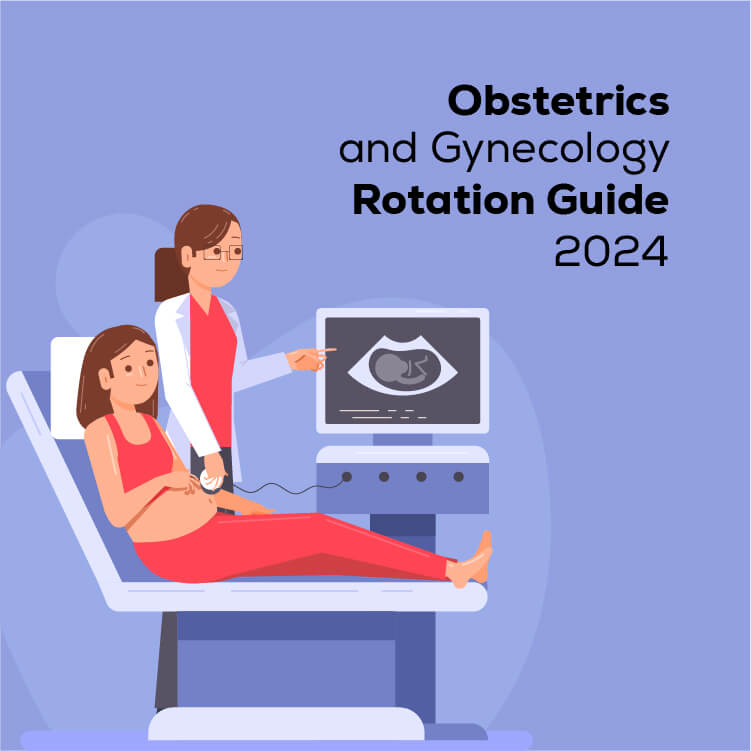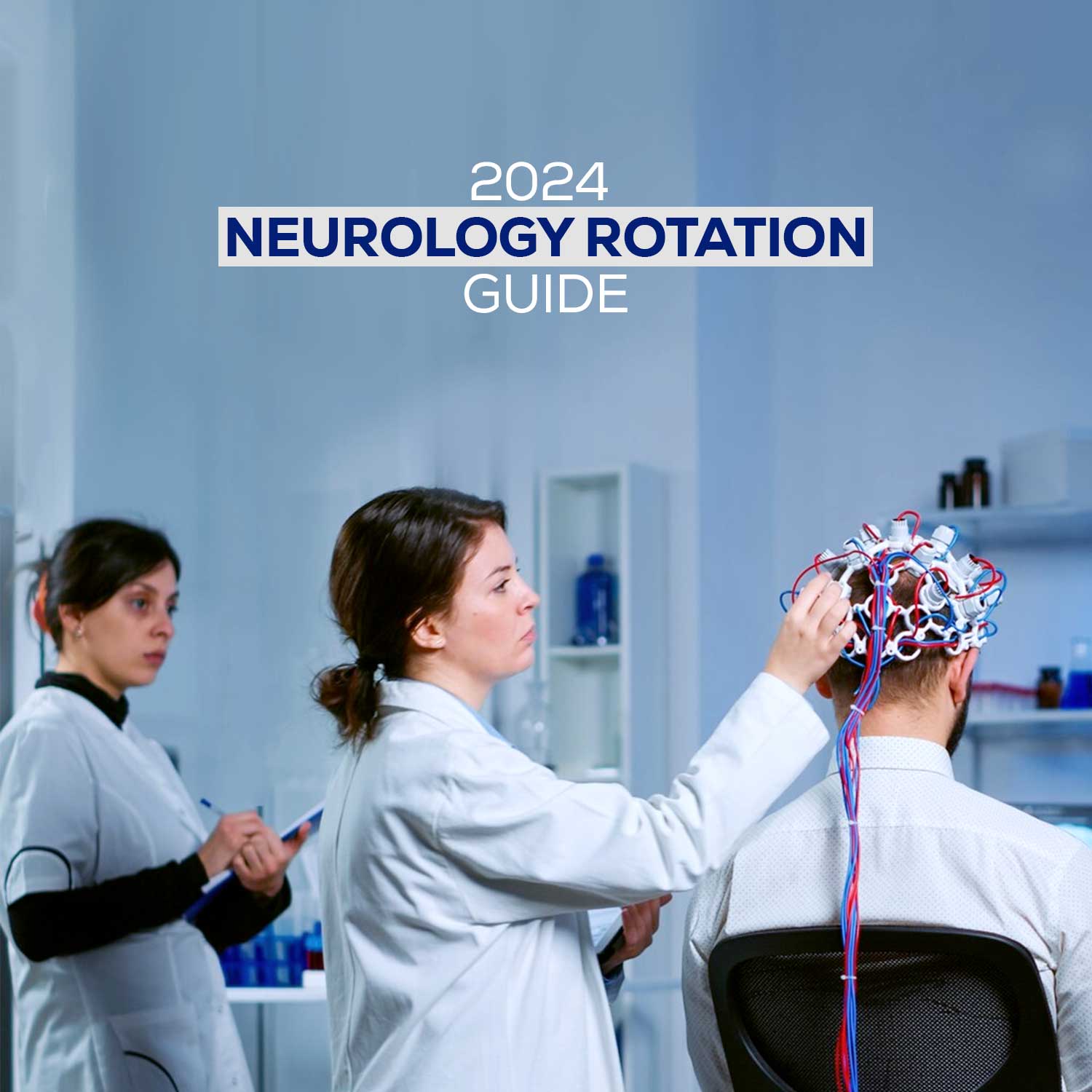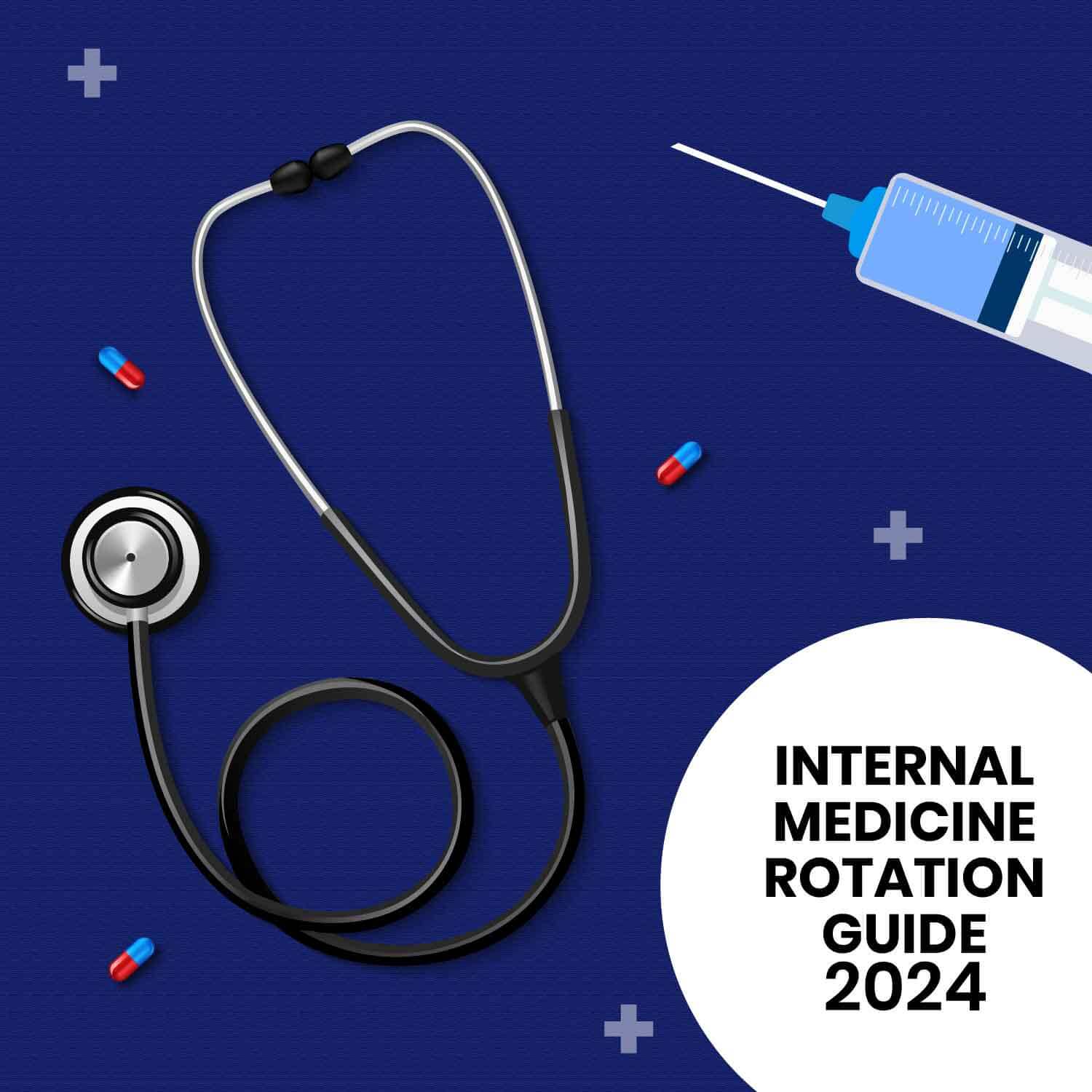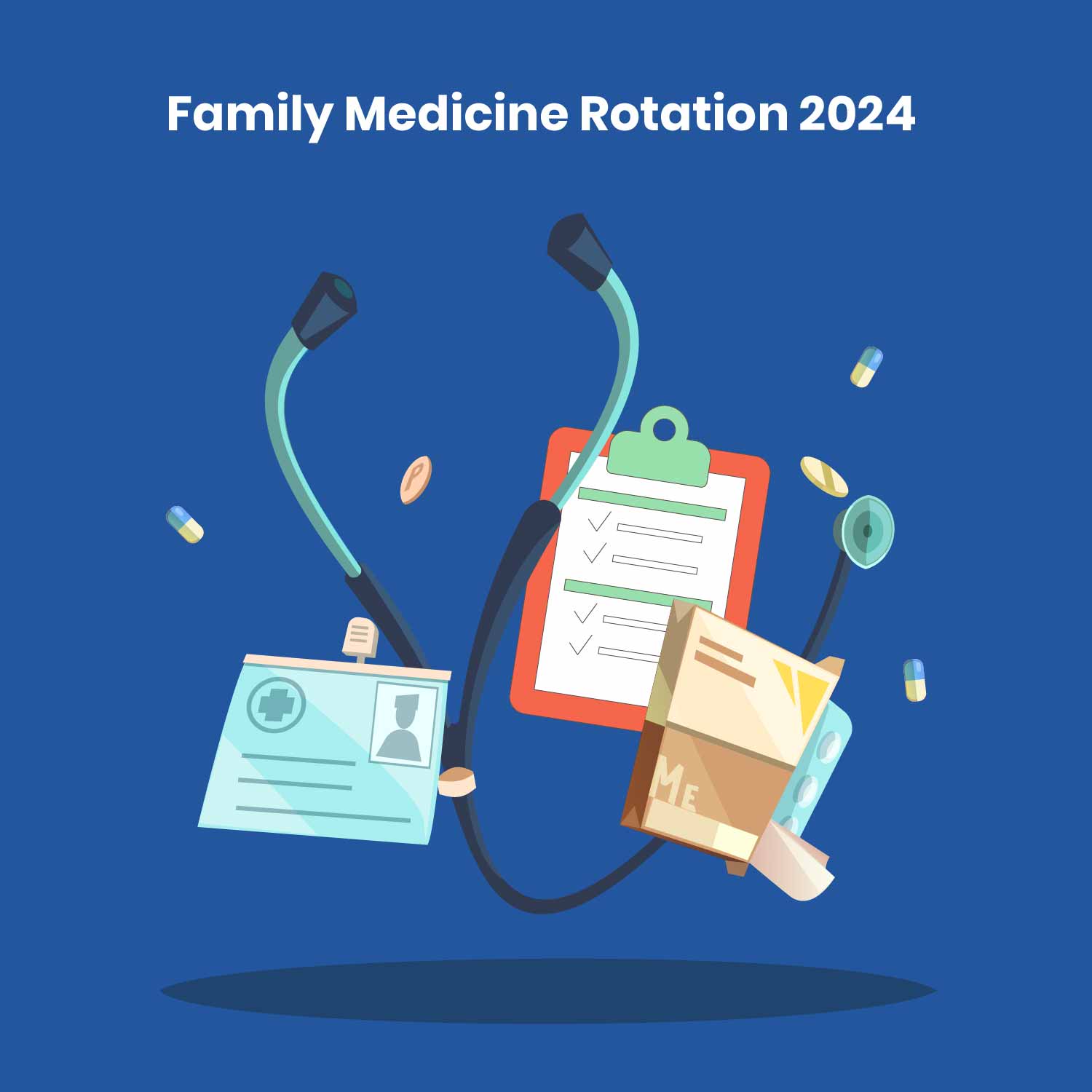
Life as a medical graduate is tough. Add the pressure of navigating the medical education system of a completely different country and it gets tougher. It is not unusual for International Medical Graduates (IMGs) to feel overwhelmed when bombarded with unfamiliar terms such as externship, observership, clerkship and USCE. Misunderstanding these terms can have career-defining consequences. If you are looking to find answers for the externship vs observership debate, you have come to the right place. This article will help you sift through the noise and get the information you’re looking for.
The US Clinical Experience (USCE)
It would be difficult for you to figure out externship vs observership without first appreciating the inner mechanics of the US medical education system. Medical education in the US has two stages: the foundational stage and the clinical stage. The foundational stage consists of the first two years of medical school. This is when students learn from textbooks and lab work. The clinical stage is when students gain hands-on experience of working in hospitals or clinics. These trainings are often referred to as clinical rotations or clerkships.
Students enrolled in US medical schools have an advantage over international students. This is because they receive their placements into these rotations through their medical school. International students usually apply for placements using third party agencies.
Clinical rotations are not only important for students, but also for graduates. They help graduates strengthen residency applications, hone their skills and develop their network.
Externship for IMG
Externships refer to clinical rotations not provided by the applicant’s medical school. Medical students and graduates gain hands-on experience under the supervision of a licensed physician. Externship for IMG supplies the international trainee with useful insights into the US medical system, while also helping them sharpen their skills. They involve direct patient contact, physical exams, and diagnosis and treatment of patients.
Externships are valuable as they are a key component of residency applications. They offer candidates the opportunity to prove themselves in a highly competitive field, associate with accomplished physicians, and receive access to residency opportunities previously out of reach.
Externships greatest value lies in the letters of recommendation (LORs) that you can gain for residency programs. Several residency programs are highly competitive and more than one LOR can augment an application. This is where multiple externships in the US can prove very useful.
As a testament to their value, externships are scarce. This is partly due to the sheer volume of applications that hospitals and clinics receive. Another reason is the potential legal liability that they carry. It is thus important that applicants reach out to as many hospitals and clinics as possible, as soon as possible.
Observership for IMG
Observerships refer to a clinical experience in which the candidate is not involved in direct patient-care. It involves shadowing a licensed physician to understand the tasks that a doctor must undertake throughout the day. The reason that observerships restrict direct patient interaction is that most candidates applying for such positions do not have clearance to practice medicine in the US.
LORs from observership experiences do not carry the same weight as LORs from externships. Observerships can be useful despite such limitations. They help IMGs acclimate to a new and unfamiliar environment. They also provide candidates an opportunity to distinguish themselves and forge connections with colleagues and superiors that can result in opportunities down the line.
While an observership may not provide an amazing opportunity directly, it will often place you adjacent to potential opportunities.
What’s Better for an IMG
Candidly speaking, externships clearly win in the externship vs observership debate. IMGs who are able to complete an externship have a significant edge over those that simply opt for an observership. This is especially true in the eyes of the decision makers: residency program directors. This is because prior clinical experience is an essential requirement of most residency programs. It is unlikely that a candidate with only an observership under his belt would receive preference over a candidate with an externship, especially when candidates with externship experiences are readily available.
Of course, this does not mean that observerships serve no purpose or have no value, simply that they are not as useful on their own. Observerships can help fill out gaps that would otherwise arise if a candidate is unable to secure an externship. They also strengthen an application that was previously rejected by a residency program, and help IMGs familiarise themselves with and assimilate into a new system and culture, when they’re just starting out.
In the end it comes down to circumstances. The importance of hands-on clinical experience cannot be understated. However it is not always available due to various extenuating circumstances. In such cases, observerships help the candidate communicate his dedication to his field to potential residency programs and avoid gaps that may hurt the application.
Check out the USDoctors.co blog on more information for international medical graduates.
ABOUT US
Clinical Rotations For Foreign Medical Students, Nurse Practitioners, Physician Assistants and Graduates.
USDoctors.co specializes in providing invaluable hands-on clinical rotations to both foreign medical students, nurse practitioners, physician assistants and graduates. Our clinical rotations are strictly set up to help you get the US clinical experience and letters of recommendation that will greatly increase your chances of US residency placement.

